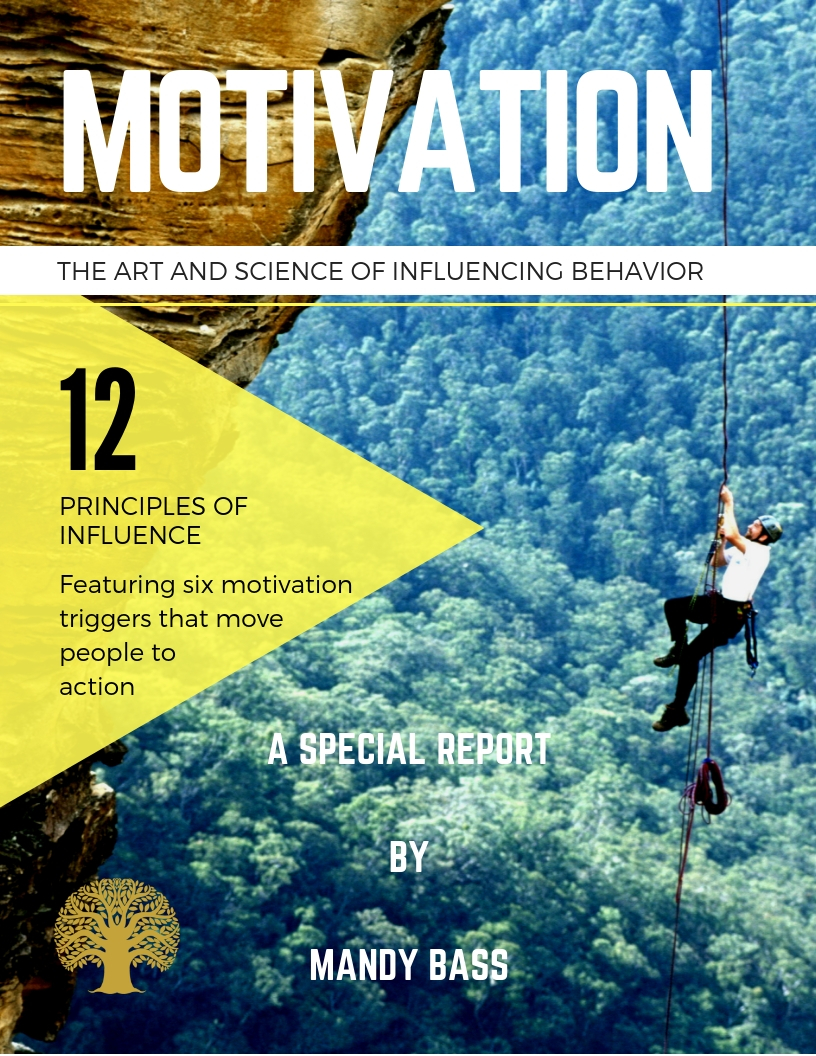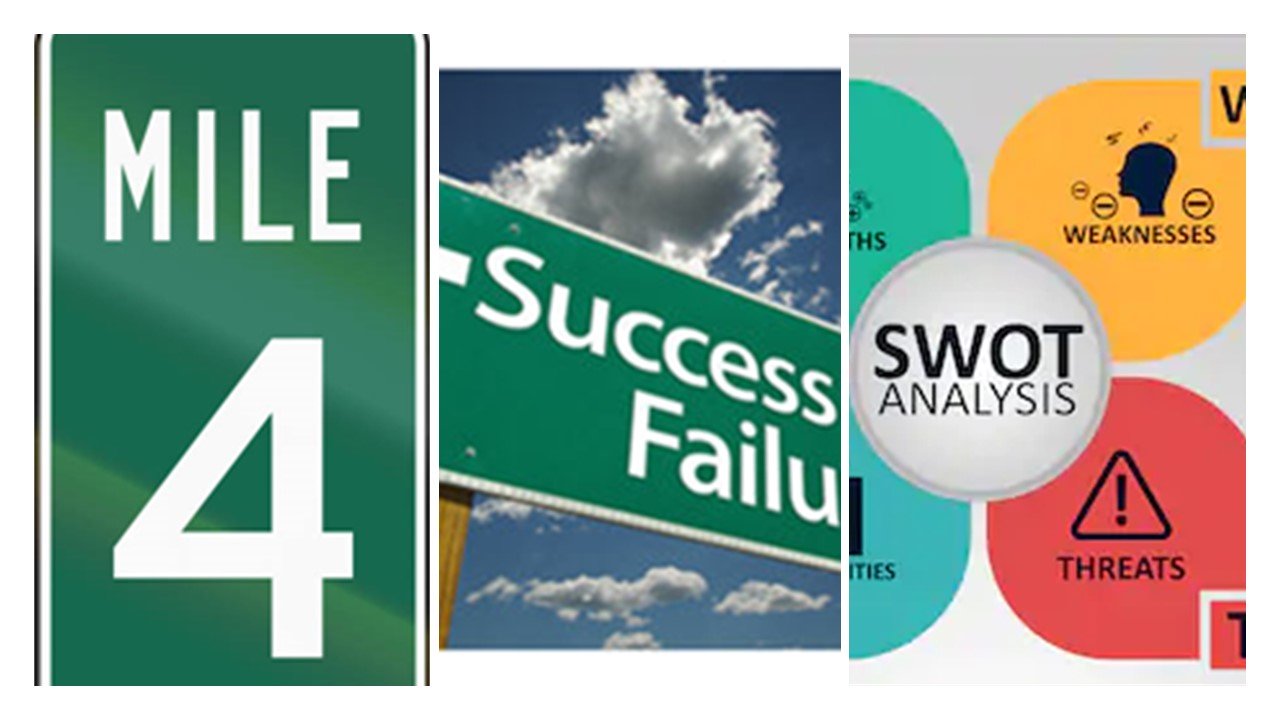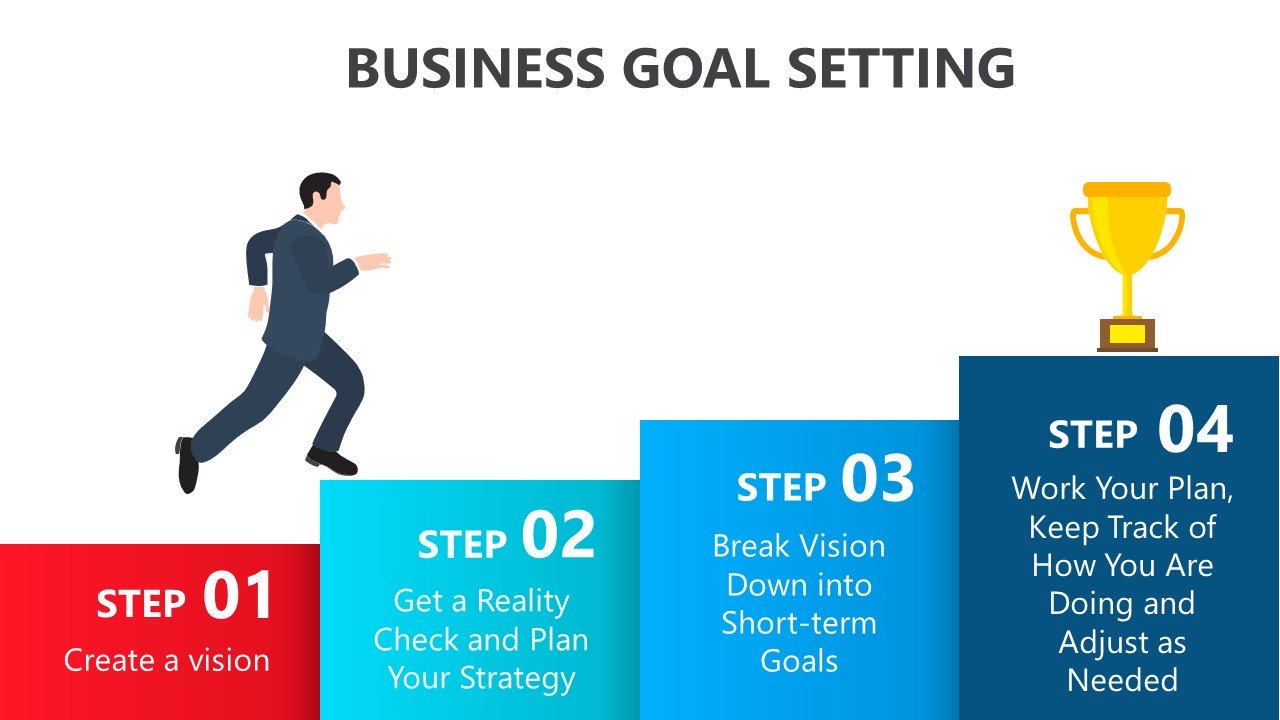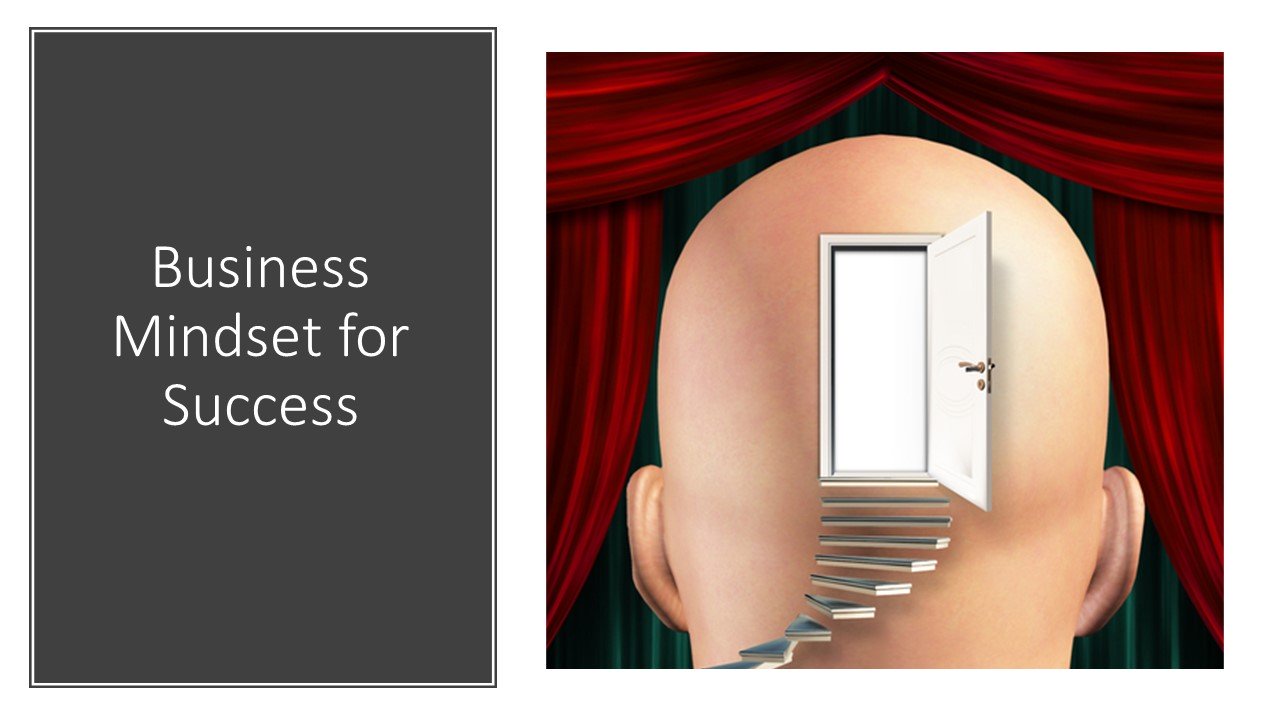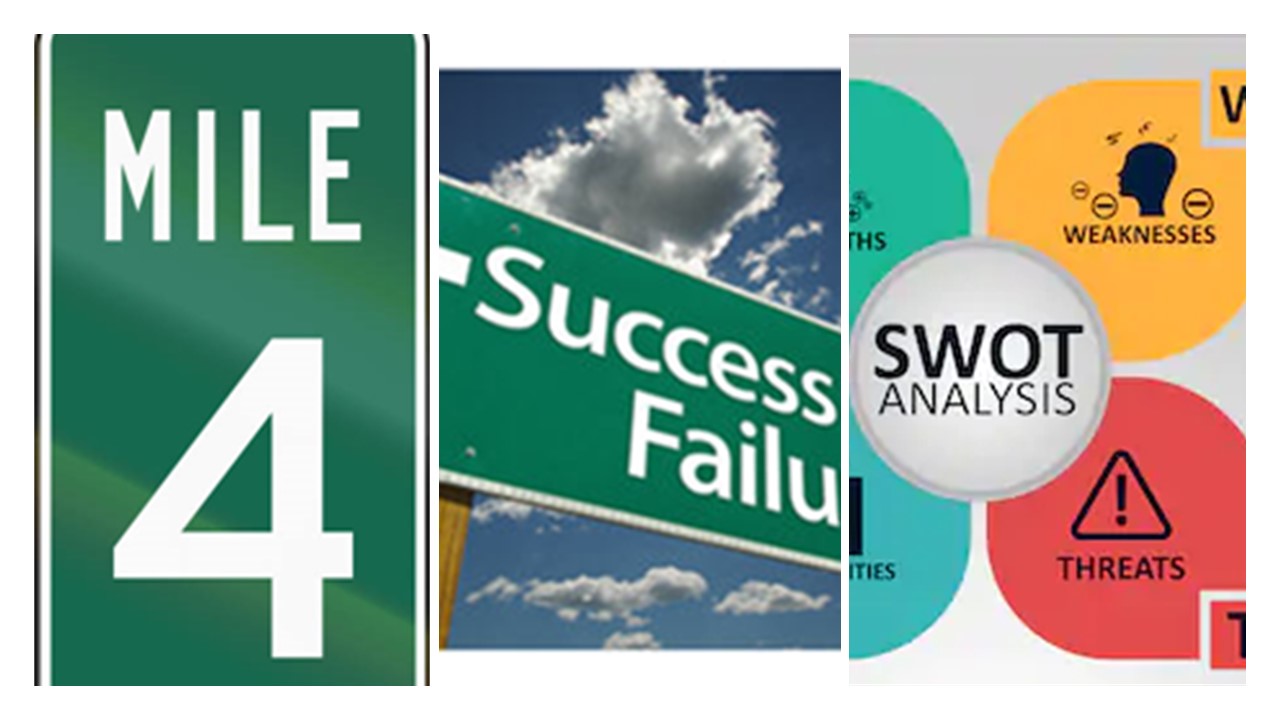Self Motivation Skills For Success: Discover Your 3 Keys For Action
Self motivation skills can literally make the difference between massive success and total failure in almost every area of your life.
Whether you want to be more successful in your school or career, get into shape, or improve your social life, self motivation skills are the difference between THINKING about change and actually MAKING IT HAPPEN.

In this section on self
motivation skills, I am going to give you step by step instructions for discovering your motivators and values in any given context. By learning how to precisely identify what drives you to action, you can more effectively use the many motivation techniques I have written about on this site.
Background on these Self Motivation Skills
The information in this section is based on the work of Noam Chomsky, who first identified that HOW you speak about something (your language patterns) reveal a lot more about you -- both conscious and unconscious -- than simply the content of the information shared.
It makes complete sense when you consider that with every experience, we collect a lot of data about that event. Yet, when we "tell" someone about that experience, we communicate less than 2% of our data. By paying close attention to our "selection" of information, and the words we choose to communicate our experience, we get insight into our psyches (and thus our motivation) around that specific issue.
Roger Bailey built on Noam's work on Transformational Grammar by creating the Language and Behavior (LAB) Profile which is now widely used all over the world as a human resource mind tool.
Self Motivation Skills 101
Three keys for action are:
- Personal "hot buttons" or criteria for the situation
- Motivational direction
- Values (our highest criteria in a context)
1. Identifying your personal motivators

Keep these points in mind when using these self motivation skills:
- Your motivators are context specific. Never generalize or assume. Always go through the steps to elicit the information you need.
- It is the WAY you answer the question, not the content of your answers, that will be your most important clues for applying self motivation techniques.
- For the best insight, answer the questions by speaking out loud and write down everything you say verbatim. Do not summarize, re-frame or put your answers in "other words." You will see why later.
When it comes to applying self motivation skills precision and context make ALL the difference
Criteria for Motivation
Criteria are the hot buttons that provoke an emotional and/or physical response. They are your labels for goodness in any given context.
Lets take something simple, bread, for example. Your criteria for buying bread might be that it is very fresh. For others, it may be wholegrain or rye or white. For others, criteria in buying bread may revolve around taste, cost, or ethnicity.
In the context of career, a person's criteria may include location, money, status, fulfillment, using your talents, or being able to make a living doing what you love.
You can see how someone, a musician, for example, whose criteria is doing what he loves and using his musical talent, would not be motivated to take a high paying office job. Or a person whose criteria for bread is healthy and whole grain, probably won't be motivated to buy a loaf of fresh, white bread on sale -- no matter how good the sale is.
Identifying Your Criteria or "hot buttons"

To find your hot button motivators ask yourself these questions:
- What do I want in [context] or?
- What is important to me about [context]?
- What has to be there?
- What will having that do for you?
Examples:
- What do I want in a job? Or, what is important to me about a job?
- What do I want in an exercise program?
- What is important to me about exercise?
- What is important to me about getting this task done?
- What will having this task done do for me?
- What do I want in a spouse?
- What has to be there in a relationship?
- What will having that bonus do for me?
- What is important to me about losing weight?
- What do I want in a vacation?
- What has to be in a home for me to purchase it?
- What is important to me about getting good grades?
- What will having straight As do for me?
- What is important to me about this talk?
- What is important to me about this test?
- What will winning this contest do for me?
Self motivation skills begin with you identifying your hot buttons.
- Remember, you need to capture your immediate response to the question -- in your own words- to determine what motivation techniques you need to use next.
2. the Carrot or the Stick?
In a previous article on self motivation techniques, I discussed the pain/ pleasure motivators and the self motivation skills of using your internal senses to move you into action.
The precise language you use, will "tell you" what strategy is required to move you forward. Is it the "carrot or the stick?"
In other words, your exact words will indicate your motivational direction. By paying attention to them, you will know whether focusing on the pain of NON-ACTION, or the rewards of action, will be stronger triggers for you.
People whose motivational direction is "away from," are great problem solvers. Their impetus for action comes from fixing things and solving problems. Goals and rewards won't get them off their butts.
In any given context, you simply cannot motivate a reward driven person with a problem solver tactic, and vice versa. The person might give lip service to it, but the strategy will not MOVE them to action. And getting yourself to take action, is what self motivation skills are all about.
Reward-driven Answers
Reward driven people (also called "Toward" motivational direction) need goals to be motivated.
If you answer the criteria questions with only what you want to gain, get or achieve, you fit the reward-driven motivational profile. For example: I would get a promotion, make more money and be able to travel."
For this type of person, it is very important for you to have SMART goals to stay motivated. Without clear rewards, you might find you lack motivation.
Problem Solver Answers
A problem solver (also called "Away-from" motivational direction) will answer the same criteria question with what they want to avoid, exclude or solve.
For example: "I won't be stuck in this dead end job, or have to worry about my bills."
Problem solvers are motivated by what will happen if they don't take
action. They need to be reminded of the discomfort the present situation
will cause, to get motivated. The worse the pain, the more they are
motivated.
Visualizing goals are self
motivation skills for "Toward" people -- but not for problem solvers. Pain can be "created" using visualization techniques as
described in this article.
If you answered the question partly with what you want to gain, and partly with an "away from" answer, you need to use both strategies.
For example: "I would get a promotion and not have so many outstanding bills."
3. Identifying Your Values
Values are the highest level criteria in any given context. Therefore they are your strongest motivators, and very important for self motivation skills.
The way you elicit a person's values is to find out the "why" behind their labels for goodness, or criteria, and take it to the highest level.
- The way you do that, is by asking what is important about their criteria.
- And what is important about that (the answer to above).
- Usually you reach a person's values, at level 3.
Examples of eliciting values
Let's go back to that bread example I used earlier, imagine that someone's criteria is whole grain. To find the value driving that criteria, don't assume that they are necessarily health conscious. There could be a host of other values that could drive their "whole grain" criteria.
For example, there might be a family member who only eats whole grain. And perhaps, the value driving them, in this context, is Family or or Home. It may have nothing to do with health. From a problem solver's perspective, the whole grain criteria may be driven by wanting to avoid an argument. Their value may be "Peace."
Let's look at another context for applying self
motivation skills: making money.

Write down the answers to the questions EXACTLY as you would say it out loud.
- What is important to you about making money?
- What is important to you about that [Answer to first question]?
- Why is that [answer to number 2] important?
Now let's see what we can tell about you from your answers.
If your language in answering the question spoke only about what making money would get you -- a nicer car, travel, things you would buy, a happier relationship or family life, better status in the community, etc., -- then you are very goal driven.
In this example, the person's values, might be family and reputation. Thinking about their goals, as it relates to family and reputation, will be strong drivers for them when it comes to applying self
motivation skills.
If, on the other hand, your language was all about what problems having money will solve -- I won't have to drive this old car; I won't be stuck here; my wife will stop complaining; I won't be a nobody, etc. -- you are driven by an "Away-from" strategy. In this example, the person's values might also be family and reputation, but the application of self
motivation skills will be different than for the "Toward" person.
Importance of awareness in turning around lack of motivation
When you are aware of what is going on inside your own head, self
motivation skills get easier.
What are the pictures you are creating in your mind when thinking about the activity that you need to do?
When you find that you lack motivation, pay special attention to what you are saying to yourself, and what you are experiencing internally -- the pictures in your mind and the feelings inside.
As an example, if you are struggling to get to the gym, and you are reward driven in this context, you may find that instead of visualizing yourself fit, vibrant and healthy, as a result of your endeavor, you are creating pictures of being hot, tired, and sweaty while working out.
If that is the case, motivating yourself will be a struggle. Because of how you are wired, you need to have clear goals and use your internal pictures to drive you toward those goals. In the article on self motivation techniques, I give you step by step instructions for acquiring self motivation skills using visualization.
Remember, for self motivation skills to work, they must be aligned with YOUR personal values. In my article on self help motivation, I reveal how I finally found the motivation to quit smoking when I was young -- after many failed attempts. The shift happened simply by recognizing my OWN values around the issue. Rather than trying to quit for the reasons my family and friends thought were important, I quit for the reasons that were important to me.
Knowing what is important to you, and why it is important, will help you make things happen. Now you have learned the self
motivation skills for eliciting criteria, motivational direction, and values -- three keys for action. Please use them to help make this world a better place for all!
Learn How to Motivate Yourself and Others with this Free Guide
Motivation: The Science and Art of Influencing Behavior
Discover the12 principles of influence and how to use motivation triggers to move people to ACTION.
You will discover:
- Why MOST people are only able to influence a SMALL percentage of prospects (and what you can do to turn that around to win over MOST people)
- The exact words to say to get people to KNOW that you are listening, and you care
- 6 motivation triggers that will move prospects to “YES”
Free GUIDED Self Hypnosis audio when you register for our newsletter.
Get the latest, greatest tools for easing into your power and making the most out of life by subscribing to our monthly e-zine:
The Buzz About Mandy's Programs
"I lost 104 lbs and 69.75 inches in 9 months after taking Mandy’s program." -- Jeyla Kimball, Hollywood, FL
"Mandy’s workshop helped me on every level of my LIFE, professional, financial, personal & spiritual . . . I am grateful!" -- Raul, Duarte, Miami, FL
"I now have a measure of internal calm and peacefulness I did not have before." -- Ellen Siegel, CLU CHFC, CFP, Miami, FL
"Mandy offers an intelligent, yet caring approach to helping people. Her programs are excellent ." -- Jill Beach, National Director of Media Relations,
VITAS Healthcare Corporation
"As a psychotherapist with a lucrative practice for many years I realized
I was unfulfilled and unhappy…I was stuck. In working with Mandy I made more progress in a few months than years of psychotherapy
and training. "--Shelley Eisenberg, Psychotherapist, New York, NY
"Over the years, I have attended many self-improvement seminars hosted by famous motivational leaders. I have spent a small fortune on all sorts of books and tapes and NONE have given me what you have…I really wanted to feel whole, confident, balanced, happy. You taught me the basic skills necessary to finally achieve what I wanted for myself." -- Kathy Poulin, Pompano Beach, FL
"The program was awesome, and
the new habits have already started
taking roots, and all I'm doing is
"baby steps".
-- Elsie Salinardi, CPA, CFP,
Sunrise, FL
"The key reward has been the
rekindling of my self-confidence"
Gary Harrison, Insurance Specialist,
Boca Raton, FL
"The [mind power techniques] really made me
reach deep within myself and realize
what limitations we put on ourselves.
Thanks to Mandy we now
have techniques we can use to go
beyond our previous limits. "
Veena Deddar, CFP CLU CHFC,
London Life, Toronto, Canada
"I’ve noticed that I am more organized
than I have ever been in my
life. I seem to have so much extra
time that I didn’t have before
thanks to the organizational
process that she teaches.
Because my professional life is so much more organized, I have so
more time to spend with my family"
Marilyn Blosser, CSA, LUTCF.
President, Women in Insurance
& Financial Services
"I am a thirty-five-year veteran of the scale wars, and this is the only program I know of that addresses ALL the issues of weight management. Working through the program has given me new insights into the root causes of my weight issues and new tools to deal with them. Whether you have suffered with eating disorders your whole life or you just want to speed up your metabolism and take off a few extra pounds, this program can really really help you." -- Angela Kelsey
angelakelsey.com.
Discover The Easiest, Smartest Solution For Losing Weight, And Keeping It Off For Good!
"How To"
Self Hypnosis MP3 Audio Program
Discover how much better life can be when you put the power of your own mind to work for you.
You can improve any skill, get motivated, build confidence, improve self-esteem and even change limiting beliefs.
